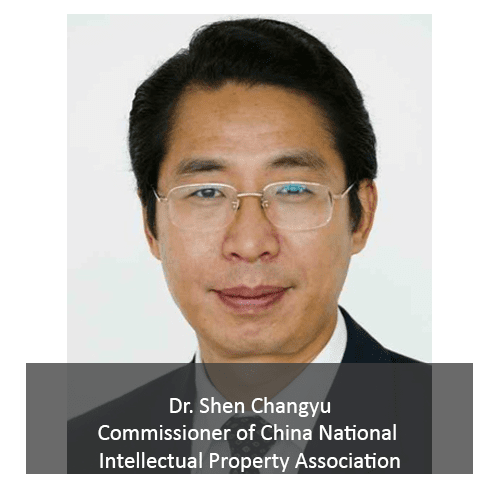As to his third proposal, Shen explained: “If we enhance our innovation cooperation in sectors like green initiatives, energy efficiency and life science, IP has the potential to become a powerful tool to address today’s global challenges, Covid-19, climate change and environmental pollution and contribute to the United Nations’ sustainable agenda.”
He added that IP offices must maintain their cooperation under WIPO and other multilateral frameworks and that the Switzerland-based Association Internationale pour la Protection de la Propriété Intellectuelle or AIPPI has a role to play in the development of global IP governance. AIPPI is dedicated to the development of IP protection laws with more than 8,000 members from 131 countries.
One of the post-pandemic challenges in IP protection discussed during the session was quality.








